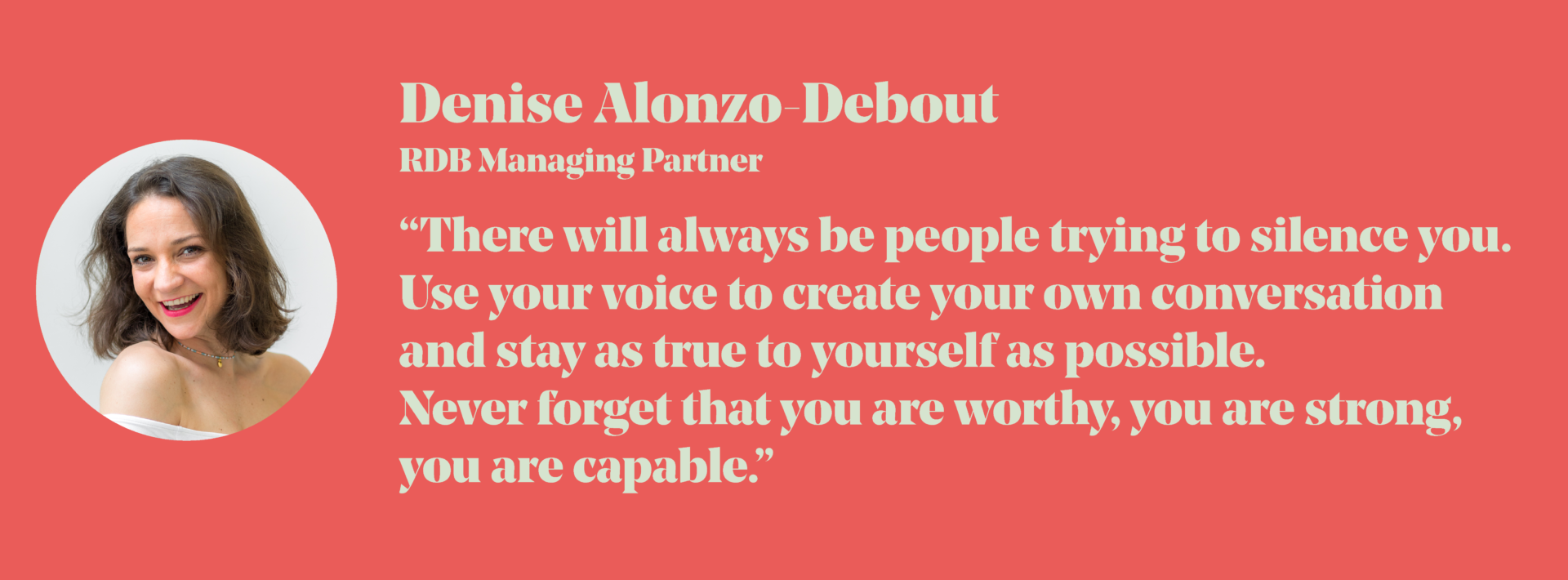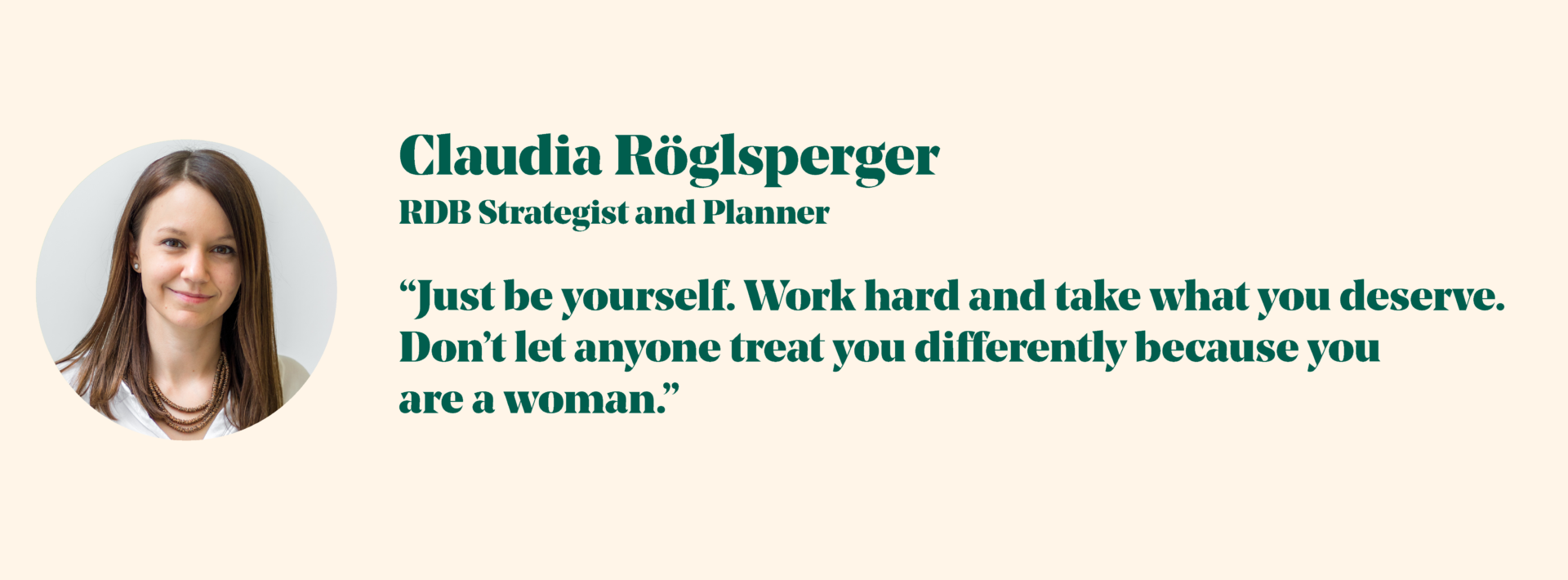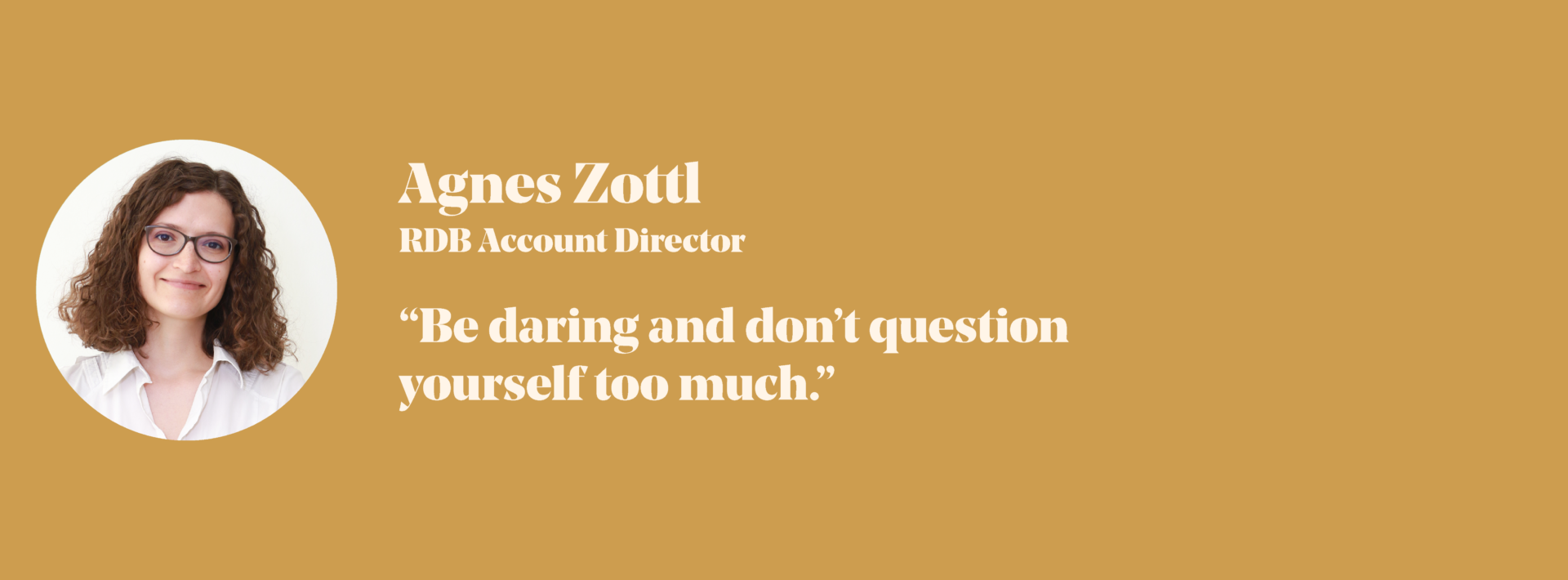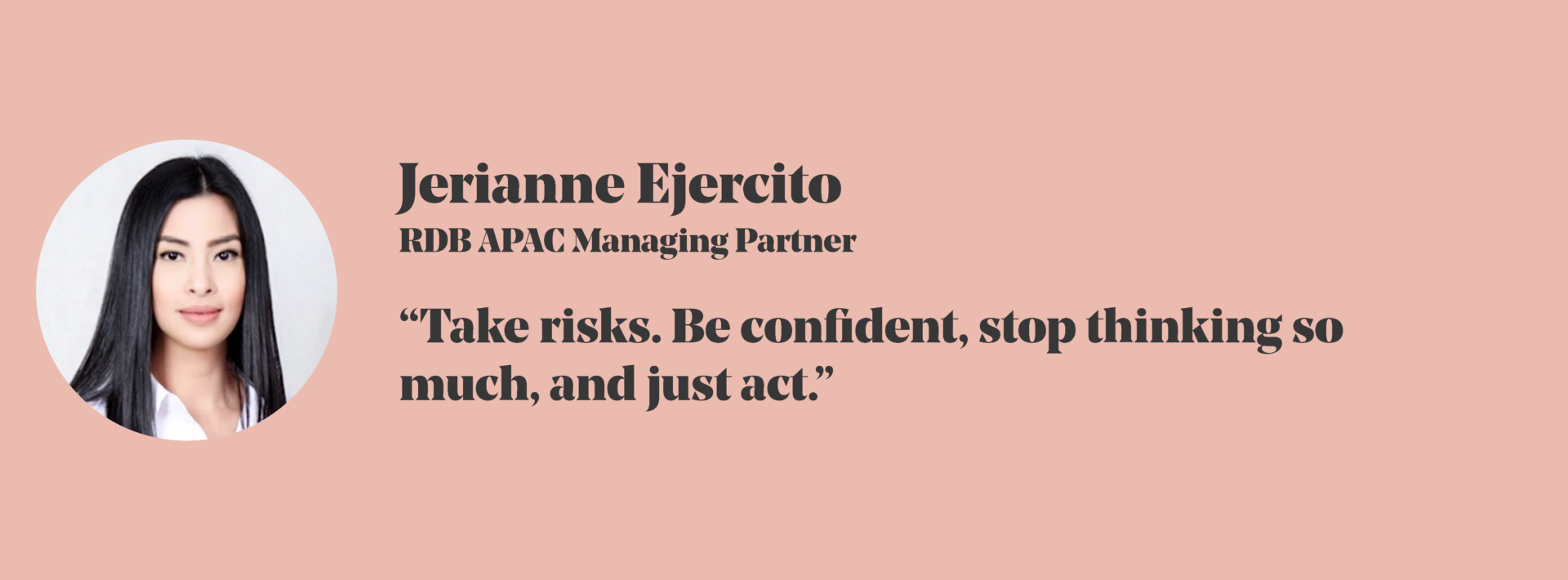How women in management are overcoming obstacles in business
How women in management are overcoming obstacles in business
By Claudia Merrill
Women in managerial positions encounter obstacles that cloud their path to success. In part two of this series, our female leaders reveal how women can overcome male cliques and the constant need to prove themselves in the workplace.
Read Part One
The business world has changed to incorporate more women into senior management in order to work towards gender equality, but unfortunately, the culture of the industry is yet to completely shift. Workplace equality is more than just the representation of women or the number of women in leadership positions, it’s also about a pivot in company culture to be more inclusive.
These systemic issues are especially prevalent in the marketing industry, where women in marketing and social media roles struggle to change a mainly white-male-dominated landscape. Most women in marketing are still operating in a Mad Men environment — where a great marketing strategy is not given acknowledgment and is instead brushed aside because of discrimination in the workplace.
A woman in a man’s world
Being a woman in business is a unique experience that can leave you more isolated the further up the ladder you go. From being told not to “act like a man” to being left out of the ingrained “boy’s club” culture, the experience of being an ambitious young woman can feel disheartening.
Jerianne Ejercito, Managing Partner for RDB APAC, has experienced this herself in the advertising industry, “It’s safe to say there’s still a boy’s club lurking in the advertising industry. They exist through connections and networks. Most of the CEOs and CMOs are men, so it’s easier for them to invite (more men) to do men’s stuff. They golf together, drink together, and do business together often all at the same time. I am a woman, so inviting male CEOs and CMOs to activities outside of the workplace can be quite complicated. I have to find ways to get one on one time with them and achieve what my male colleagues can achieve with less effort.”
These exclusive male cliques can make ambitious women at senior levels feel like they need to have male traits to get ahead. Even in the day-to-day grind, women in leadership may still feel they need to fit a certain mold.
Agnes Zottl, Account Director at RDB explains her experience of this in the past, “As a society, we tend to assign qualities and characteristics positive or negative connotations. As a person who has been described as extroverted, assertive, bold, and pragmatic – qualities that are often seen as positive in males – I’ve encountered negative reactions to this more than once simply because I am female. It’s not only from men though. It’s something that happens to everyone if they don’t fit a box.”
Many women have self-diagnosed themselves as having “Imposter Syndrome” when it comes to climbing the corporate ladder, but are these feelings of inadequacy accurately reflecting reality? The Harvard Business Review research shows that many women feel they experience the “Imposter Syndrome” in their work but in reality, these feelings of doubt and exclusion are evidence of systemic inequality. This issue goes beyond equal pay and gender diversity, it’s about women feeling like outsiders despite being outstanding candidates.
Sarah Bounouira, RDB’s Head of Culture and HR expert, has some valuable advice. “It’s important to do it your way in business. Don’t think about trying to compete with the so-called “boys activities” but find other ways of connecting that are true to your personality. Think about your values and skills and connect to them.”
When it comes to feeling confident in your job and getting rid of doubt, Bounouira suggests making changes to how you operate within the work environment, “Take yourself seriously and others will too. Remember to not play small with your language because (by doing so) you’re diminishing yourself in the process. Get rid of minimizing words like; little, could, would, and maybe. Be determined!”
Zottl praises the importance of speaking up, “Say what you think and just go for it! Is it a difficult topic? Say it for the shock value and see how it feels. But always say it to be constructive, without judgment, and to start a positive conversation. In the end, it’s about getting rid of what is destructive and improving the status quo for everyone.”
Speaking up can feel like a suffragette movement unto itself, but it’s necessary to shift the current paradigm. Bounouira observes, “I often see how women feel intimidated to raise their voice or to ask as many questions as they need in order to be clear and confident about a task. Never be afraid to ask whatever you feel like asking and never be afraid to raise your voice. Many times it’s your internal beliefs that are taking over.”
While men can be resistant to taking leadership from a woman, it’s up to us to break this stigma so that women can reach their full potential. Ejercito laments, “I often notice resistance when leading men, especially leading men who are a lot older than me…(the marketing industry) is such a male-dominated field so I was a bit intimidated being the only woman in a boardroom full of men.”
Intimidation can be a big factor that holds women back from excelling in the workplace. However, women don’t only face this problem. A by-product of gender inequality means that men likewise feel they need to compete with each other. These traditional, cultural masculine norms create an atmosphere of toxic masculinity that affects both men and women.
Bounouira emphasizes that becoming more confident in the workplace as a woman is the best approach, “Men are equally intimidated by other men, they are afraid of speaking up and asking what others think. Try some small steps. Challenge yourself to ask the question you want to ask within the next meeting. Challenge yourself to bring thought and ideas. This is what is going to build your confidence.”
The continuous job interview
Women’s confidence when applying for jobs is on average lower than men’s. The Harvard Business Review research shows that 40% of women don’t believe they will be considered for a role if they don’t meet all of the requirements mentioned, whereas men will feel confident if they meet 60% of the criteria. Additionally, another 22% of women said they felt they would not be hired if they didn’t meet 100% of the qualifications and as a result feel humiliated.
Statically, women are more qualified and educated than ever, yet mentally and emotionally they don’t feel they have what it takes to succeed. Denise Alonzo-Debout, Managing Partner of RDB shares the doubts she had at the beginning of her career, “The greatest challenge I had to face was myself. I had the impression of not being good enough compared to my male managing partners.” Zottl faced similar doubts early on, “Imposter syndrome and negative intrinsic feedback loops are something I have to deal with regularly. It’s frequent and probably more common in females.”
To date, 65 women have flown in space, and many of them have advanced @ISS_Research aboard the @Space_Station since 2001.
— NASA (@NASA) March 3, 2021
This #WomensHistoryMonth, learn about notable women who contribute to science that benefits humanity on Earth – and beyond: https://t.co/4YIXATEoJU pic.twitter.com/p2AQIGq6mQ
Ejercito discusses how women, especially women in marketing, are more likely to have to continuously prove themselves over and over again in order to advance, “Among the many challenges associated with being a female leader, is the additional effort required to demonstrate competence. Even if we have very good credentials, experience, and achievements, few women are fortunate enough to come into office with the presumption that they are highly skilled and competent to lead in a complex environment. Women often have to prove themselves in multiple ways all the time.”
The constant need for female managers to prove themselves is one of the leading causes of under-representation in many industries. The question is; how do we change the culture? How can women take back control and feel that they are respected in their roles, while also feeling confident enough to aim higher?
Bounouira encourages women to look within, “When we feel like we need to prove ourselves (constantly), we are never going to feel like we are enough. You are not here to prove yourself, you are here to give and provide your talent. You need to be confident about your skills and to be aware of the gaps in your knowledge to feel confident and competent in your skin.”
By taking back control, women can start to shift the culture within the workplace. Instead of playing small and undervaluing ourselves, women everywhere can begin to place a higher value on their professional abilities. Paula Horwatitsch Cunha, Project Manager at RDB, sees this all as necessary to improve the work experience for the next generation, “It takes some time to feel trusted, and it’s frustrating and exhausting many times, but that’s our task. I hope the next generations won’t have to live with this dynamic.”
What the RDB Merrywomen recommend
Despite the challenges women face in the workplace, women around the world are speaking up and changing work culture for the better. If you are a young professional, then perhaps you can take some learnings and advice from the RDB Merrywomen!
What advice would you give your younger self?
Denise Alonzo-Debout, RDB Managing Partner
“You’re here for a reason and know that! Especially when others underestimate you, you’re still a force to be reckoned with.”
Agnes Zottl, RDB Account Director
“Being eager and wanting to prove something is good, but enjoy your student years a bit more!”
Jerianne Ejercito, RDB APAC Managing Partner
“Respect yourself, know your worth, and know your boundaries.”
Paula Horwatitsch Cunha, RDB Project Manager
“Tudo está melhor do que parece or everything is better than it seems.”






